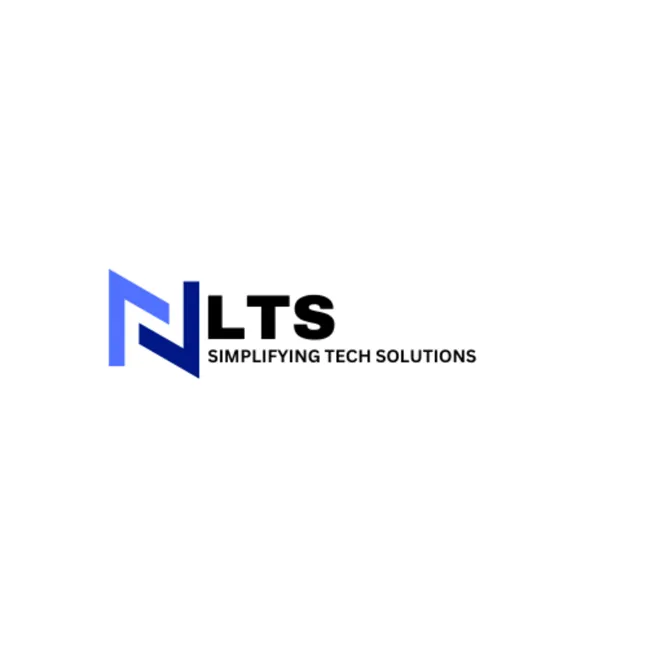Welcome to North London Telecom Systems
NLTS News
Maximise your business returns on old IT Assets and improve the lifecycle of technology with NLTS

How to Prevent Unlawful Data Collection
In an age where data directs business decisions and operations, guaranteeing that data collection is lawful and compliant with regulations is principal. Businesses continuously collect data to enhance service, upgrade customer experiences, and streamline operations. With unease about privacy and strict regulations such as GDPR, businesses are required to take proactive steps to prevent illegal practices. Unlawful data collection can result in severe legal consequences, financial penalties, and loss of consumer trust. Companies such as Clearview AI and AstraZeneca have been penalized for violating data privacy laws through unlawful data breaches. To avert this, organisations must embrace stringent policies that prioritize data privacy, obtain true consents, and abide by regulatory standards. This blog will explore significant strategies to prevent unlawful data collection and validates that your data management practices are compliant and transparent.
1. Educate and Train Employees
Training Programs: Verify staff are aware of data protection laws and company policies on lawful data collection.
Compliance Awareness: Continuously bring your employees up to date on adjustments to privacy laws and data protection guidelines.
2. Establish Clear Data Collection Policies
Documented Procedures: Apply and document comprehensible internal policies that define what data can be collected, how it should be collected, and its purposes.
Approval Process: Call for management or legal team approval for any new data collection activities.
3. Use Privacy-by-Design Principles
Built-in Privacy Protections: Implement privacy considerations into the design of systems, applications, and business processes from the beginning.
Default Settings: Make certain that systems are set to reduce data collection by default, instructing user action to opt-in for further data sharing.
4. Limit Data Collection
Minimize Data Requests: Retrieve only the data that is obligatory for the particular purpose at hand. Avoid collecting excessive or unrelated data.
Avoid Unnecessary Sensitive Data: Do not gather sensitive information unless it is legally required and consented to by the user. Get in contact with NLTS if you require disposal of your sensitive information safely.
5. Obtain Explicit Consent
Informed Consent: Clearly communicate the grounds of data collection and acquire explicit consent from users before collecting their information.
Opt-In Mechanisms: Apply clear, voluntary opt-in processes as an alternative to pre-checked boxes or implied consent.
6. Use Secure Collection Channels
Encryption: Guarantee data is collected over fixed channels, utilising encryption to shield personal information during transmission.
Access Control: Restrict access to collected data to permitted personnel only, lessening the danger of unauthorized collection or misuse.
7. Conduct Regular Audits
Compliance Audits: Carry out structured audits of data collection application to ensure compliance with relevant privacy laws and company policies.
Third-Party Reviews: Recruit third-party auditors to evaluate the lawfulness of data collection practices and recommend developments.
8. Maintain Clear Privacy Notices
Transparency: Supply clear and accessible privacy notices that tell users about what data is collected, why, and how it will be used.
Update Policies: Frequently upgrade your privacy policy to indicate any changes in data practices and ensure it aligns with present legal requirements.
9. Monitor Third-Party Vendors
Vendor Compliance: Make sure third-party vendors that control personal data on your behalf abide by relevant privacy laws and regulations.
Data Processing Agreements: Execute secure data processing agreements to manage how third-party vendors accumulate and supervise data on your behalf.
10. Respond to Data Subject Requests
User Rights Compliance: Make certain that individuals can exercise their rights under data protection laws, such as the right to access, correct, or delete their data.
Request Handling Process: Have procedures in place for responding to user requests punctually and lawfully.
Preventing unlawful data collection is mandatory and crucial to preserving trust, complying with regulations, and safeguarding your business. By introducing clear data collection policies, obtaining informed consent, minimizing the data collected and continuously auditing your practices, it allows for a significant reduction in the risk of unlawful data collection and data breaches. On top of that, guaranteeing transparency, enlightening staff and observing third-party vendors will further advance your data protection attempts. Prioritizing data privacy and responsible management helps preserve your business from legal consequences, as well as respect the privacy rights of users and keep up ethical standards in data-related activities. Contact us for all your data needs!
